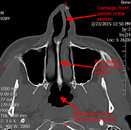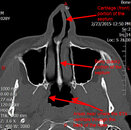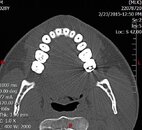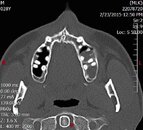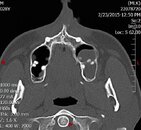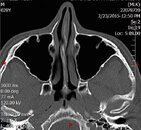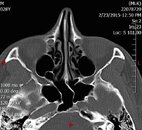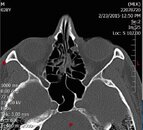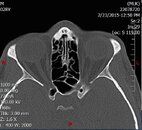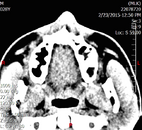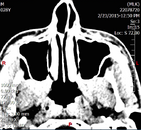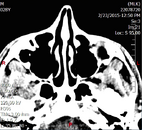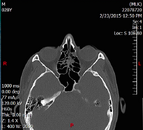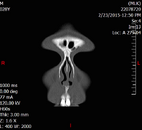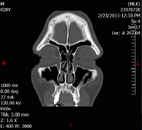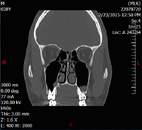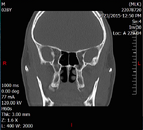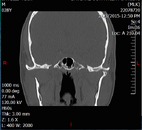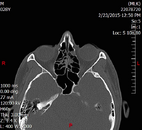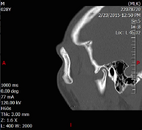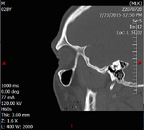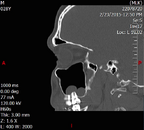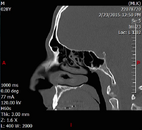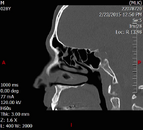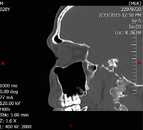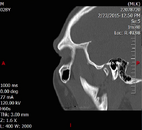I'm hoping someone might be able to shed some light on my situation. Perhaps someone has been in the same predicament. My left ear is definitely slower to equalize/more difficult to equalize in comparison to my right ear. I've read conflicting information stating that a deviated septum might be to blame for this. Some say a deviated septum may be to blame and some say a deviated septum has no bearing on the Eustachian tubes being able to equalize.
I do have allergies (grass, weed, mold, and oak) according to recent blood work. I have implemented an allergy regiment consisting of Neilmed sinus rinse, Flonase, and Aller-tec pill daily. I have also started to slowly cut dairy.
The results of my CT scan are as follows:
Indication: Sinusitis
Comparison: None
Technique: Multiple axial CT images of the facial bones without IV contrast were obtained, followed by 2D coronal reformats.
Findings: There are small retention cyst within the inferior maxillary sinuses greater on the left. There is no evidence of sinusitis. Patent ostiomeatal complexes. No significant nasal septal deviation.
Impression: No evidence of acute sinusitis. Small retention cysts within the maxillary sinuses.
So my question is, could the following deviated septum be to blame? Would getting this corrected solve my problem? Again, my left ear is the one that is troublesome. I've never had issues with my right ear which leads me to believe that it might not be technique.... Appreciate any help/suggestion you guys can provide!
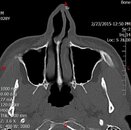
I do have allergies (grass, weed, mold, and oak) according to recent blood work. I have implemented an allergy regiment consisting of Neilmed sinus rinse, Flonase, and Aller-tec pill daily. I have also started to slowly cut dairy.
The results of my CT scan are as follows:
Indication: Sinusitis
Comparison: None
Technique: Multiple axial CT images of the facial bones without IV contrast were obtained, followed by 2D coronal reformats.
Findings: There are small retention cyst within the inferior maxillary sinuses greater on the left. There is no evidence of sinusitis. Patent ostiomeatal complexes. No significant nasal septal deviation.
Impression: No evidence of acute sinusitis. Small retention cysts within the maxillary sinuses.
So my question is, could the following deviated septum be to blame? Would getting this corrected solve my problem? Again, my left ear is the one that is troublesome. I've never had issues with my right ear which leads me to believe that it might not be technique.... Appreciate any help/suggestion you guys can provide!





